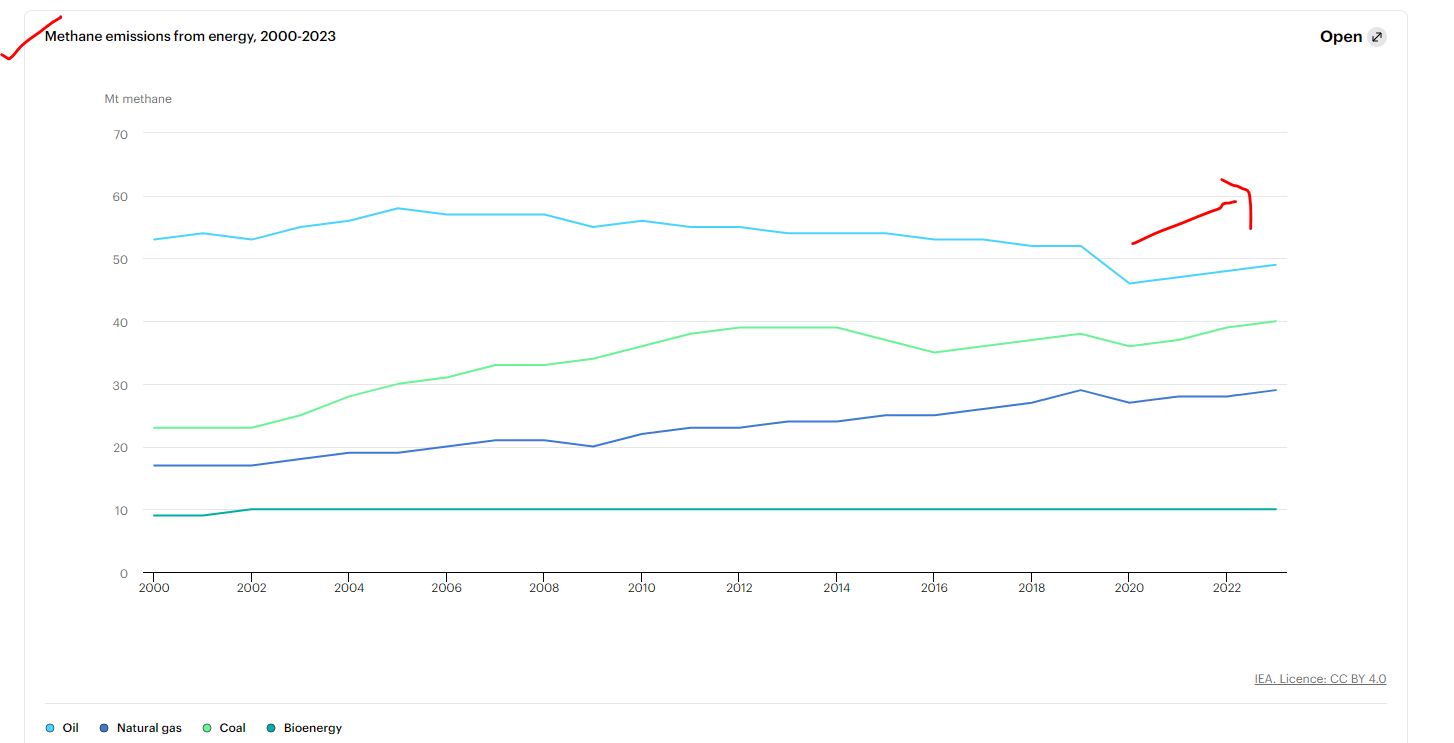Goaltide Daily Current Affairs 2024
Current Affair 1:
About UN Women
UN Women is the United Nations entity dedicated to gender equality and the empowerment of women. In July 2010, the United Nations General Assembly created UN Women, the United Nations Entity for Gender Equality and the Empowerment of Women.
UN Women supports UN Member States as they set global standards for achieving gender equality, and works with governments and civil society to design laws, policies, programmes.
It works globally to make the vision of the Sustainable Development Goals and focusing on four strategic priorities:

Commission on the Status of Women
The Commission on the Status of Women (CSW) is the principal global intergovernmental body exclusively dedicated to the promotion of gender equality and the empowerment of women.
The Commission on the Status of Women (CSW or UNCSW) is a functional commission of the United Nations Economic and Social Council (ECOSOC).
Forty-five Member States of the United Nations serve as members of the Commission at any one time. Currently, India is a member of the Commission.
68th session of the Commission on the Status of Women (CSW68) held recently:

Convention on the Elimination of All Forms of Discrimination against Women

India is a signatory to Convention on the Elimination of All Forms of Discrimination against Women (CEDAW). The treaty was signed on 30th July, 1980 and was ratified on 9th July, 1993.
Current Affair 2:
Gramdan Movement
News:

About Gramdan:
Gramdan is an expansion of the Bhoodan Movement started in 1951 by Gandhian Bhave. ‘Bhoodan’ meant redistribution of land from bigger landowners to the landless. Under Gramdan, the entire village will put its land under a common trust.
This way, the land will not be sold outside the village or to one who has not joined Gramdan in the village.
The Movement paved the way for the protection of natural resources by giving equal rights and responsibilities to everyone in the community and empowering communities to move towards self-governance.
Under the Act,
- at least 75 per cent of landowners in the village should surrender land ownership to the village community for it to be declared as ‘gramdan’.
- Such land should at least be 60 per cent of the village land.
- Five per cent of the surrendered land is distributed to the landless in the village for cultivation.
- Recipients of such land cannot transfer the same without the permission of the community.
- The rest remains with the donors. They and their descendants can work on it and reap the benefits. But they cannot sell it outside the village or to a village resident who has not joined Gramdan.
Today, seven states in India have 3,660 Gramdan villages. The states are Andhra Pradesh, Bihar, Maharashtra, Odisha, Rajasthan, Tamil Nadu and Uttar Pradesh.
Around 41 percent is from Bihar.

Current Affair 3:
Global Methane Tracker 2024: IEA
We won’t see full report. Just few important points.
Methane emissions from fuel use in 2023 were close to being the highest ever at 120 million tonnes (Mt), according to the International Energy Agency’s (IEA) Global Methane Tracker 2024. This is a small rise compared to 2022.

Of the 120 Mt of methane that escaped into the atmosphere, around 80 Mt came from the top 10 emitter countries. The United States, being the largest emitter of methane from oil and gas operations, topped the list, followed by Russia.

 Methane is responsible for around 30 per cent of the rise in global temperatures since the preindustrial era. The energy sector — including oil, natural gas, coal and bioenergy — accounts for over a third of methane emissions from human activity.
Methane is responsible for around 30 per cent of the rise in global temperatures since the preindustrial era. The energy sector — including oil, natural gas, coal and bioenergy — accounts for over a third of methane emissions from human activity.
Bioenergy largely from biomass use contributed a further 10 Mt emissions. This level has stayed constant since 2019, IEA noted.
The world needs to slash methane emissions from fossil fuels by 75 per cent by 2030 to achieve the Paris Agreement goal of limiting warming to 1.5°C.
Current Affair 4:
Pumped water Project on Sharavati
News:

Karnataka Power Corporation Limited (KPCL) is planning a country’s largest pumped storage power generation on Sharavathi river. Pumped storage hydel power projects are preferred for their flexibility in adapting to fluctuations in demand for electricity.
The pumped storage project, which aims to increase power generation through an innovative technology, involves repeatedly pumping water through eight hydropower plants with capacities of 250 megawatts each, with a planned total power generation capacity of 2,000 MW.

The Sharavathi river is a vital source of hydroelectric power in Karnataka. Currently, the river generates a significant portion (40 per cent or 1,469.2 megawatts) of the state’s hydropower using seven existing dams and five tunnels.
The project will destroy over 150 hectares of forest area in the Sharavathi lion-tailed macaque (LTM) sanctuary.
About LTM:
Endemic to rainforests of the Western Ghats, the Lion-tailed Macaque (Macaca Silenus) is an endangered species, according to International Union for Conservation of Nature assessment. it is listed in Appendix 1 of Convention on International Trade in Endangered Species.
It is a Schedule 1 species under WPA, 1972 and thereby, accorded the highest protection under the Indian law.
About river:
Sharavati is a river which originates and flows entirely within the state of Karnataka in India. It is one of the few westward flowing rivers of India and a major part of the river basin lies in the Western Ghats. The famous Jog Falls, located about 25 km from Siddapura, is formed by this river.

<< Previous Next >>



